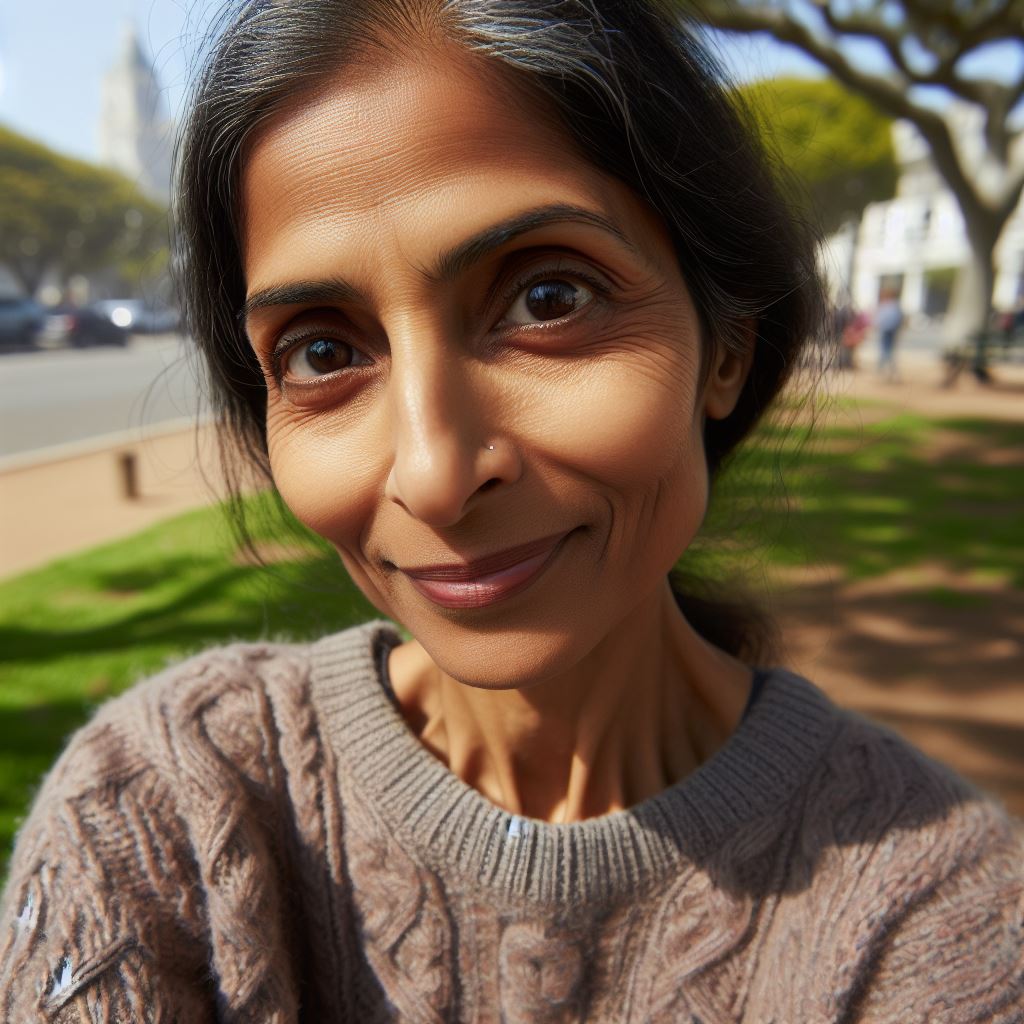- Allow Me to Introduce Myself.
- Good afternoon.
- Good morning.
- How are you?
- Hope this email finds you well.
- I hope you enjoyed your weekend.
- I hope you’re doing well.
- I hope you’re having a great week.
What is an example of a greeting?
The definition of a greeting is a word or movement to welcome someone. An example of a greeting is the phrase, “ Hello! How are you “? ... The act or words of a person who greets; salutation; welcome.
How do you write a greeting message?
- Allow Me to Introduce Myself.
- Good afternoon.
- Good morning.
- How are you?
- Hope this email finds you well.
- I hope you enjoyed your weekend.
- I hope you’re doing well.
- I hope you’re having a great week.
What are simple greetings?
- “Hello” Formal, Neutral and Informal.
- “Hi” Neutral and Informal.
- “Hey” Informal.
- Good Bye,greeting used while leaving each other.
- “Good [morning, afternoon, evening,night], Formal , which changes with the time of day.
- “What’s up?”, “Yo”, “What’s up?”, and “What’s happening?”, which are not formal.
Is good day a formal greeting?
(dated, formal) A somewhat formal greeting generally used between sunrise and sunset. The definition of good day is a phrase used to say hello or goodbye during the day. An example of good day is how you would say goodbye to a friend with whom you just had lunch.
What is a formal greeting?
In English, formal greetings are used when interacting with others to be polite and show respect . It’s not necessary to use formal greetings with family members, friends, classmates, and other people you know well.
How do you say good greetings?
- Hello. This is the most basic greeting in English. ...
- Hi. This is a shorter version of “hello”. ...
- Hey. Now, “hey” is definitely more casual than “hi” or “hello”. ...
- Good morning. / Good afternoon. / Good evening. ...
- It’s nice to meet you. ...
- It’s a pleasure to meet you. ...
- It’s good to see you again. ...
- What’s up?
What are greeting words?
- Hello.
- Good morning.
- Good afternoon.
- Good evening.
- It’s nice to meet you.
- It’s a pleasure to meet you.
What are the polite words?
Words that are polite include “Please,” “Thank you,” and “Excuse me .” “Excuse me” is what I say when I would like the attention of another person.
What can I say instead of hi?
- greetings.
- howdy.
- welcome.
- bonjour.
- buenas noches.
- buenos dias.
- good day.
- good morning.
What can I say instead of good day?
- greetings.
- hi.
- howdy.
- welcome.
- bonjour.
- buenas noches.
- buenos dias.
- good morning.
How do you start a formal first paragraph?
First Paragraph: The first paragraph of formal letters should include an introduction to the purpose of the letter . It’s common to first thank someone or to introduce yourself. Dear Mr.
Is saying good day rude?
The phrase is generally not used in Europe , as some find it artificial or even offensive. Critics of the phrase characterize it as an imperative, obliging the person to have a nice day. Other critics argue that it is a parting platitude that comes across as pretended.
How do you say hi in unique way?
- Hey, Sunshine! How are you? ...
- There’s My Pumpkin!
- What’s roasting, little poulet?
- Howdy-doody! Bring me up to date!
- Ghostbusters! ...
- More Tips To Make Any Greeting Fun.
- Wats poppin Chica?
- Waddup Brah?
Is hello a formal greeting?
Hello is a greeting in the English language. It is common between two people in a non-formal (informal) setting, but can also be used in a formal setting. ... Saying “hello” is a sign of politeness, especially when it is said in a friendly way.
How do you use greeting in a sentence?
- My sleepy greeting was met by a shout. ...
- After greeting the group with a hearty wave, he proudly handed a surprised Cynthia Dean a wad of bills. ...
- Damian accepted his hand in greeting , looking around. ...
- The ceremony is a kind of greeting by which they wish each other “a happy new year.”
